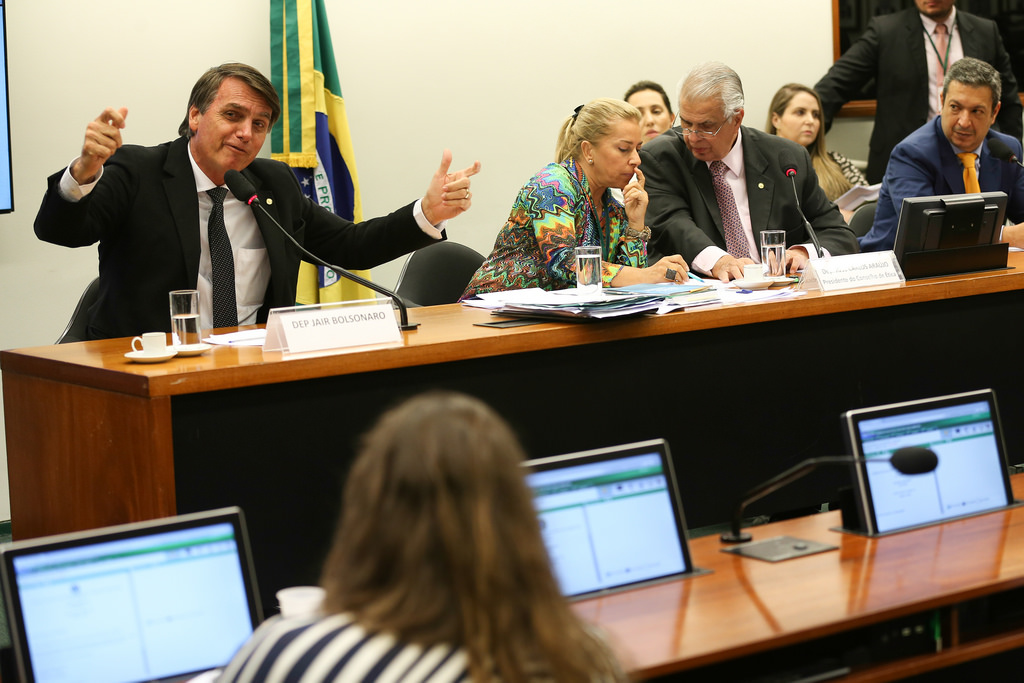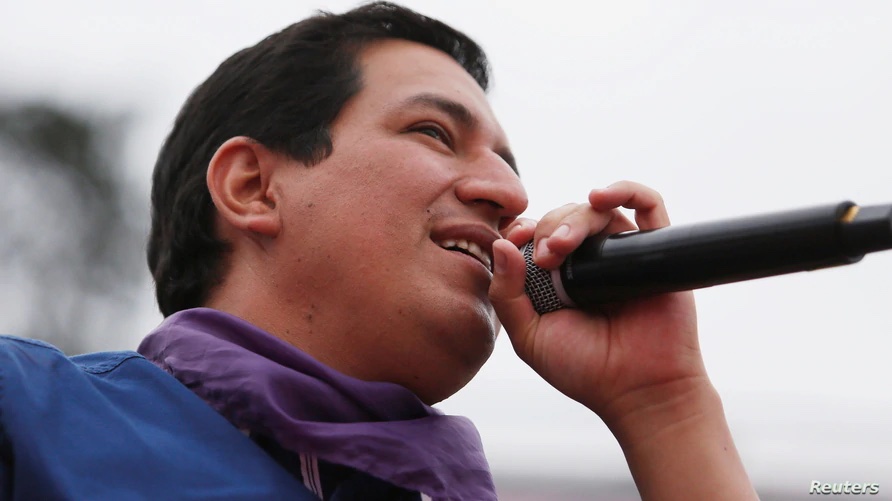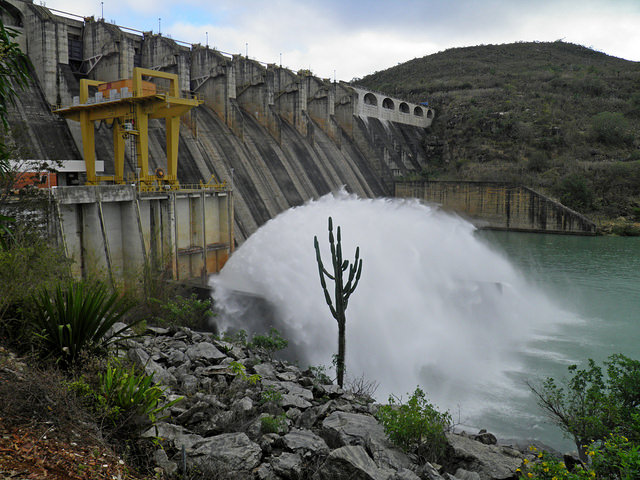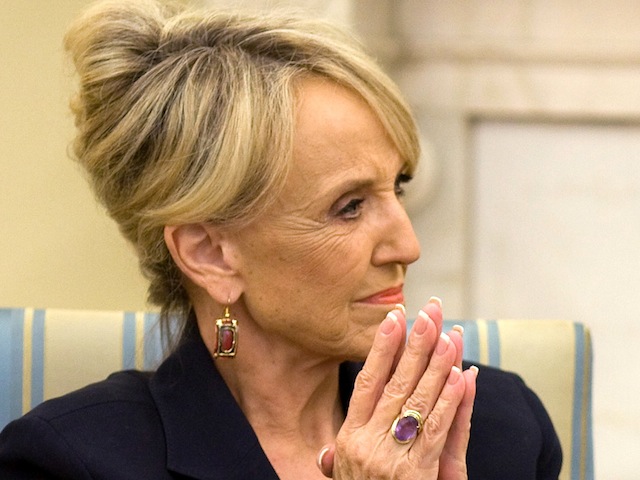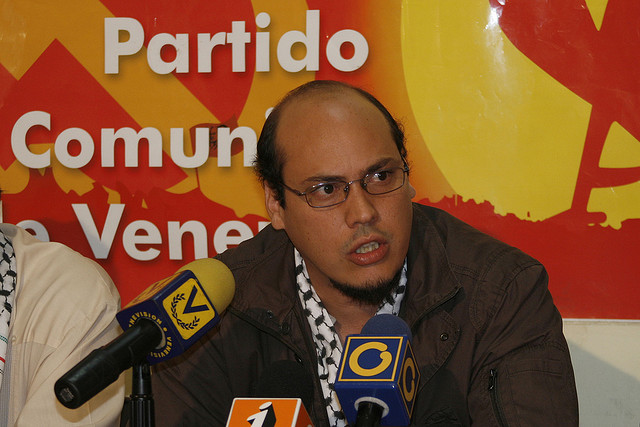
Argentina, Latin America: Week in Review
Argentina: Fernández de Kirchner Wins First-Ever Open Primary
August 15, 2011 By Staff
Today in Latin America
Top Story— In Argentina’s first-ever open and simultaneous presidential primary Sunday, exit polls showed that President Cristina Fernández de Kirchner led her nine rivals, but it was too early to tell who would come in second to challenge her in the October general election. Sunday’s exit polls showed that Fernández de Kirchner held over 45 percent of the vote with Argentine Senator Ricardo Alfonsín and former President Eduardo Duhalde battling for second place. To avoid a runoff in the general election in October, the winner must get at least 45 percent of the vote, or more than 40 percent with a 10 percentage point lead over the second-place finisher in a race with multiple candidates. Sunday’s obligatory primary is meant to deepen Argentina’s democracy by forcing all the political parties to allow voters to choose candidates for president and vice president.
Headlines from the Western Hemisphere
North America
- Over 1,000 people in Mexico City joined in a march to protest the government’s strategy in combatting Mexico’s drug cartels.
- Gunmen in Mexico’s Pacific coast resort city of Acapulco killed 11 people in attacks throughout the town.
- The Secure Communities program data released by U.S. Immigration and Customs Enforcement stated that over 60 percent of the undocumented immigrants detained in Rhode Island didn’t have criminal records.
Caribbean
- A gay man and a transsexual woman married on Saturday in first for Cuba.
- The director of Oxfam’s Haiti operations resigned following allegations of misconduct by the organization’s staff.
- Jamaica has sent signals recently that it will fully implement the CARICOM-Costa Rica Free Trade Agreement.
Central America
- A group of forensic experts in Guatemala said that they received death threats after testifying in a trial that saw former members of the country’s army convicted of crimes against humanity.
- 65 Hondurans were deported by Mexico as part of a new program that hopes to safely return migrants to their home countries.
- A U.S. man, who is on trial in Nicaragua for drug trafficking charges, said that he is wrongly accused.
Andes
- Leaders of Colombian landless peasant groups who stand to regain their territories through the Victims Law, enacted in June, are increasingly being targeted by assassins and death squads.
- Colombia extradited Indonesian fugitive Muhammad Nazaruddin to his home country on Friday, where he now faces bribery charges.
- Venezuelan President Hugo Chávez returned home to Venezuela early Sunday after completing his second round of chemotherapy in Havana.
- Ecuador’s Yasuní wilderness faces the threat of destruction if the country cannot raise $60 million from foreign nations before the end of the year in order to refrain from extracting oil from the region.
Southern Cone
- The Brazilian Air Force bombed a clandestine airstrip on Friday near the Colombia-Venezuela border in an operation against illegal trafficking of drugs, animals, minerals and timber.
- Chilean students and their supporters are on the way to completing a 75-day (1800-hour) continuous relay around the presidential palace to protest for education reforms, with at least one protestor, a professor, logging over seven hours of running.
Image: Graciela A. Dal Zovo @ Picasa.
Subscribe to Today in Latin America by Email
